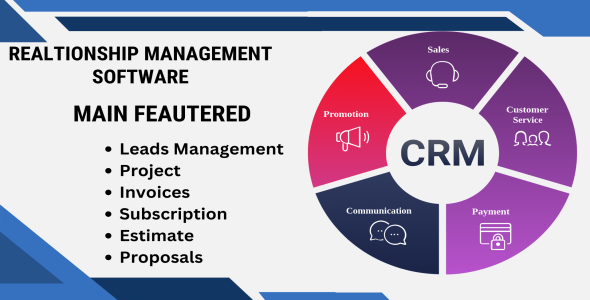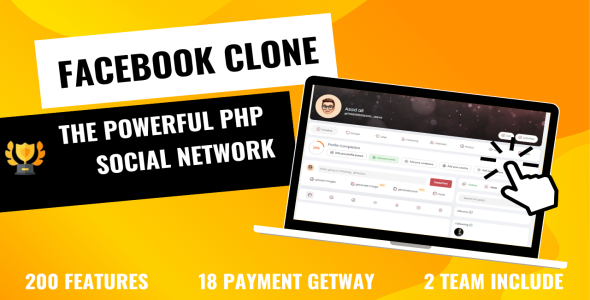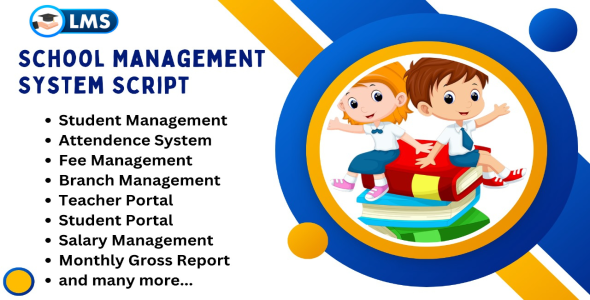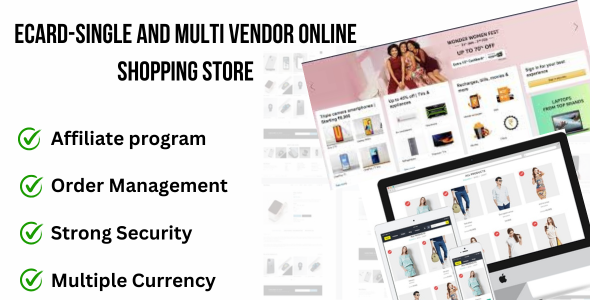Customer Relationship Management (CRM) software is a tool designed to help businesses manage their interactions with current and potential customers. It serves as a centralized hub for storing customer data, tracking interactions, and facilitating communication
Customer Interaction Tracking
CRM systems track various customer interactions, such as phone calls, emails, social media interactions, and website visits. By recording these interactions, businesses can better understand customer behavior and preferences, leading to more personalized and targeted marketing efforts.
Centralized Database
CRM software maintains a comprehensive database of customer information, including contact details, purchase history, preferences, and communication history. This centralized repository enables easy access to relevant data across departments.
Marketing Integration
CRM systems often integrate with marketing tools to facilitate targeted campaigns and lead nurturing. By analyzing customer data stored in the CRM, businesses can create more effective marketing strategies and track campaign performance.
Lead Management
CRM software helps businesses track and manage leads throughout the sales pipeline. It allows sales teams to prioritize leads, assign tasks, and track progress, ensuring that no opportunity falls through the cracks.
Customer Service and Support
CRM software includes features for managing customer service inquiries and support tickets. It allows support teams to track customer issues, prioritize tasks, and provide timely resolutions, enhancing overall customer satisfaction.
Customization and Scalability
CRM software is often customizable to suit the unique needs of different businesses and industries. It should also be scalable to accommodate growing customer bases and expanding business operations
Analytics and Reporting
CRM platforms provide analytics and reporting capabilities to help businesses gain insights into customer trends, sales performance, and overall business metrics. These insights enable data-driven decision-making and continuous improvement.
Security and Data Privacy
CRM platforms prioritize data security and privacy, implementing measures such as encryption, access controls, and compliance with data protection regulations like GDPR. Protecting customer data is essential for building trust and maintaining compliance.
Main Features
•
Leads Managements
• Projects
• Invoices
• Subscription
• Estimate
• Proposals
Customer Relationship Management (CRM) software is a vital tool for businesses to manage and nurture relationships with their customers.
It serves as a centralized platform for storing and organizing customer data, including contact information, communication history, and preferences.
By consolidating this information
, CRM software enables businesses to gain valuable insights into customer behavior and trends.
With features like lead management and sales automation, CRM systems help streamline the sales process, allowing sales teams to prioritize leads and track progress efficiently.
Moreover, CRM platforms often integrate with marketing tools, enabling businesses to create targeted campaigns based on customer data.
Customer service and support functionalities in CRM software enable teams to address inquiries and resolve issues promptly, enhancing overall customer satisfaction.
Analytics and reporting capabilities provide businesses with actionable insights to optimize their strategies and improve performance.
With mobile access and customization options, CRM software offers flexibility and scalability to meet the unique needs of different businesses.
Ensuring data security and privacy is paramount in CRM systems, with robust measures in place to protect sensitive customer information. In essence, CRM software empowers businesses to build stronger customer relationships, drive sales growth, and deliver exceptional experiences across every interaction.
CRM include customer data management, which involves collecting and organizing information about customers, such as their contact details, purchase history, and preferences.
This data serves as the foundation for targeted marketing campaigns, personalized communication, and efficient customer service.
Customer Relationship Management (CRM) is a strategic approach aimed at fostering long-term relationships with customers by understanding their needs and preferences. It involves utilizing various tools, technologies, and methodologies to manage interactions with customers across different touchpoints throughout their journey with a company.
CRM enables businesses to identify and segment their customer base, allowing for targeted marketing efforts and personalized offers. By understanding customer segments' unique needs and preferences, companies can optimize their marketing strategies and drive higher conversion rates.
Customer relationship management (CRM) is a strategic approach that businesses use to manage interactions and relationships with current and potential customers. It involves leveraging technology, data analysis, and customer insights to better understand customer needs, preferences, and behaviors, ultimately aiming to enhance customer satisfaction and loyalty.
CRM is about building and nurturing long-term relationships with customers by delivering personalized experiences and addressing their needs effectively. By centralizing customer data, CRM systems enable businesses to streamline communication, optimize marketing efforts, and provide tailored solutions, leading to increased customer retention, higher sales, and sustainable growth.
CRM software is a valuable tool for businesses looking to build stronger customer relationships, improve sales effectiveness, and drive growth. By centralizing customer data and providing powerful tools for analysis and action, CRM systems empower businesses to deliver exceptional customer experiences at every touchpoint.














